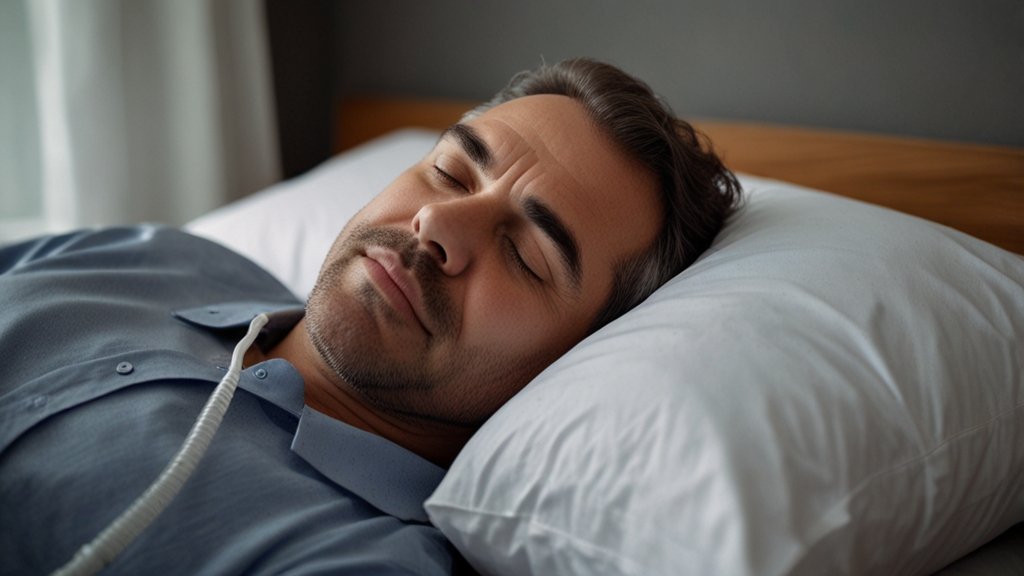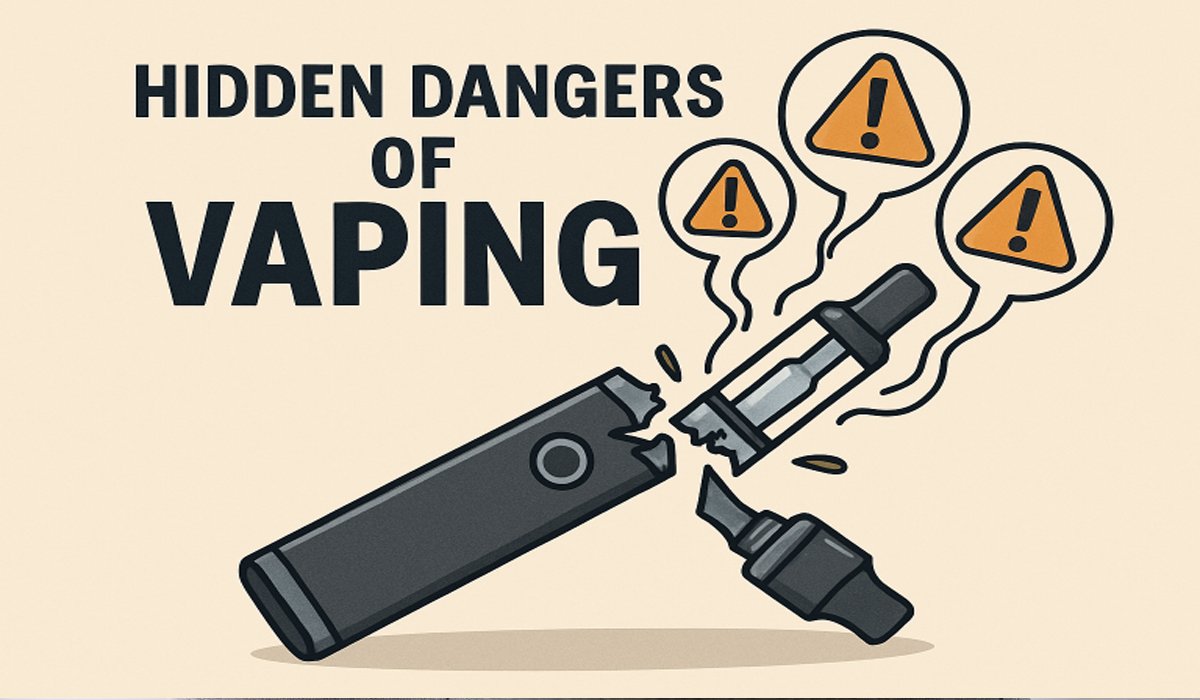Almost 15% of the global population is suffering from obstructive sleep apnea (OSA). If you focus solely on Singapore, more than 30% of people report moderate to severe complications. A large number of them opt for continuous positive airway pressure therapy. Those who don’t benefit from this or have difficulty adjusting to it may be recommended to undergo surgery, depending on the underlying issue. An experienced sleep apnea doctor can guide you thoroughly about these treatment options and help minimise your symptoms. Here’s a quick look at how these two methods work.
CPAP Therapy
This sleep apnea treatment may include the use of a specially designed machine that also comes with a mouth or nose mask to deliver a smooth flow of air into the body, allowing for proper breathing and sleep. The doctor will guide you about the right amount of air pressure to be set according to your needs. You need to use this therapy every night. It can take a little time to acclimatize yourself to this.
Through this therapy, you can experience various health improvements. Your sleep quality can improve, as it was previously disturbed by difficulty breathing. You can feel fresh in the morning. It can avert risks like heart disorders, diabetes, stroke, and high BP caused by narrow airways. There can be significant differences in your focus and concentration levels. Mental health and mood can also improve. With CPAP therapy, you can also eliminate snoring. However, some people may not feel comfortable with the masks and the machine setup. Some can also suffer from dryness. For them, doctors can recommend surgery.
Surgery
This invasive process is always the last option. If CPAP therapy fails to produce desirable outcomes, surgery can be considered. Different patients benefit from different surgical procedures. There is no one-size-fits-all solution, as the cause of breathing difficulties and sleep disturbance can be linked to the nose, throat, tongue, and jaw. Suppose tonsils or palate are the culprits. In that case, you can be advised to undergo an upper airway surgery. General anesthesia can be administered before the procedure. For enlarged tonsils, tonsillectomy can be the appropriate solution. This surgical procedure is performed to remove tonsils that interfere with the throat. Again, surgery will begin after administering anesthesia.
Some nasal allergies that lead to sleep apnea can be addressed through endoscopic sinus surgery. It involves the removal of tissue near the sinuses. These tissues can sometimes interrupt the drainage process of the sinus cavities, affecting the airway. Hence, it can improve sleep apnea. Individuals with a deviated septum may require correction of their nasal structure. To sum up, snoring can cause sleep disturbances and become a nuisance for your bed partner as well. However, it can be a bigger concern if snoring is a symptom of OSA. Many people respond well to CPAP therapy. Some individuals may struggle with it due to an inappropriate selection of devices or functional settings. Your ENT specialist can assess your situation and make it more comfortable. If it still doesn’t work, surgery can be another alternative. Since it’s an invasive procedure, you can have multiple doubts regarding its success rate and potential risks. That’s natural. You can rely on your sleep apnea expert to address all your worries.
You May Also Read: Biomedical Waste Management PPT: A Comprehensive Guide to Safe and Sustainable Practices











